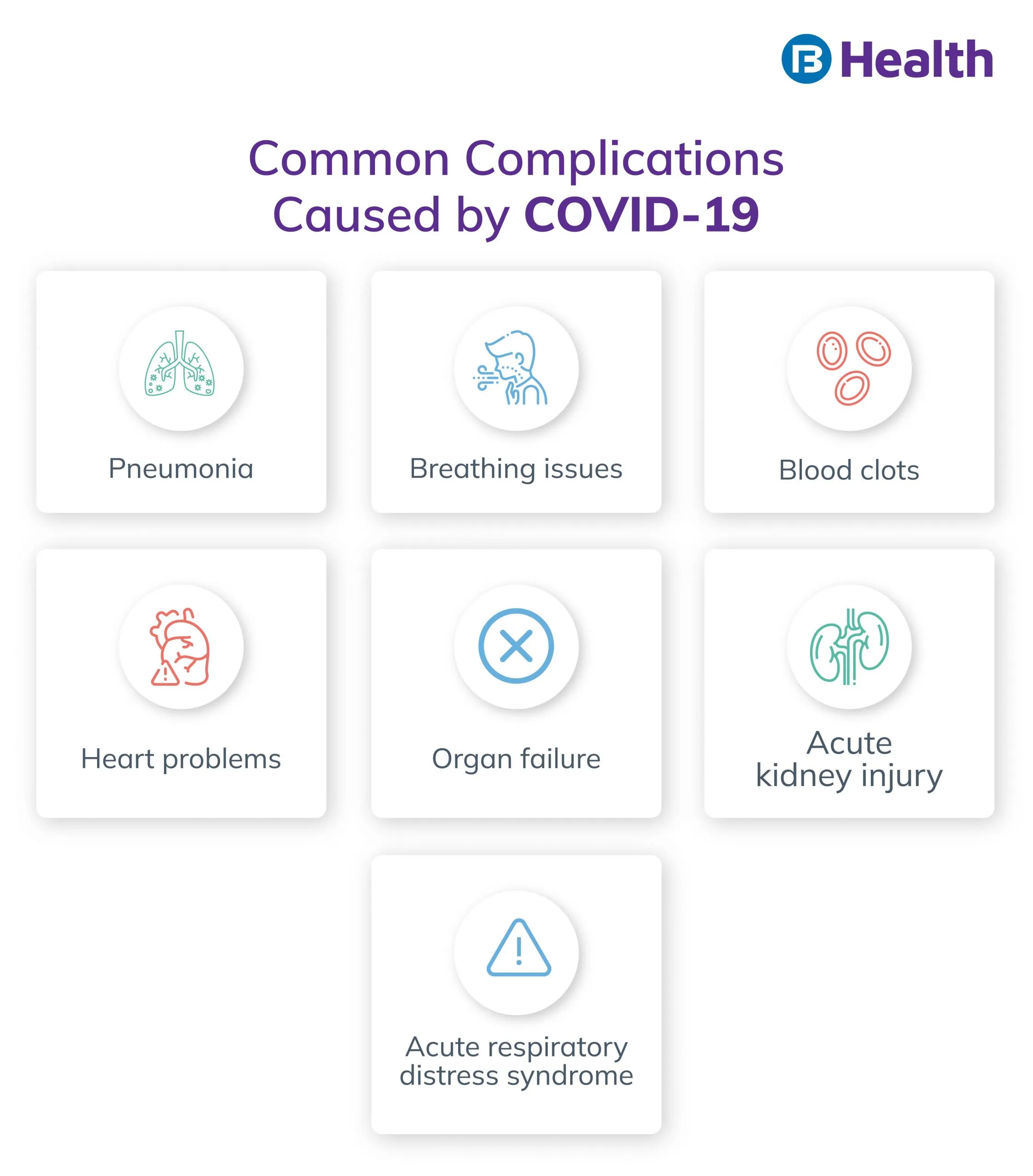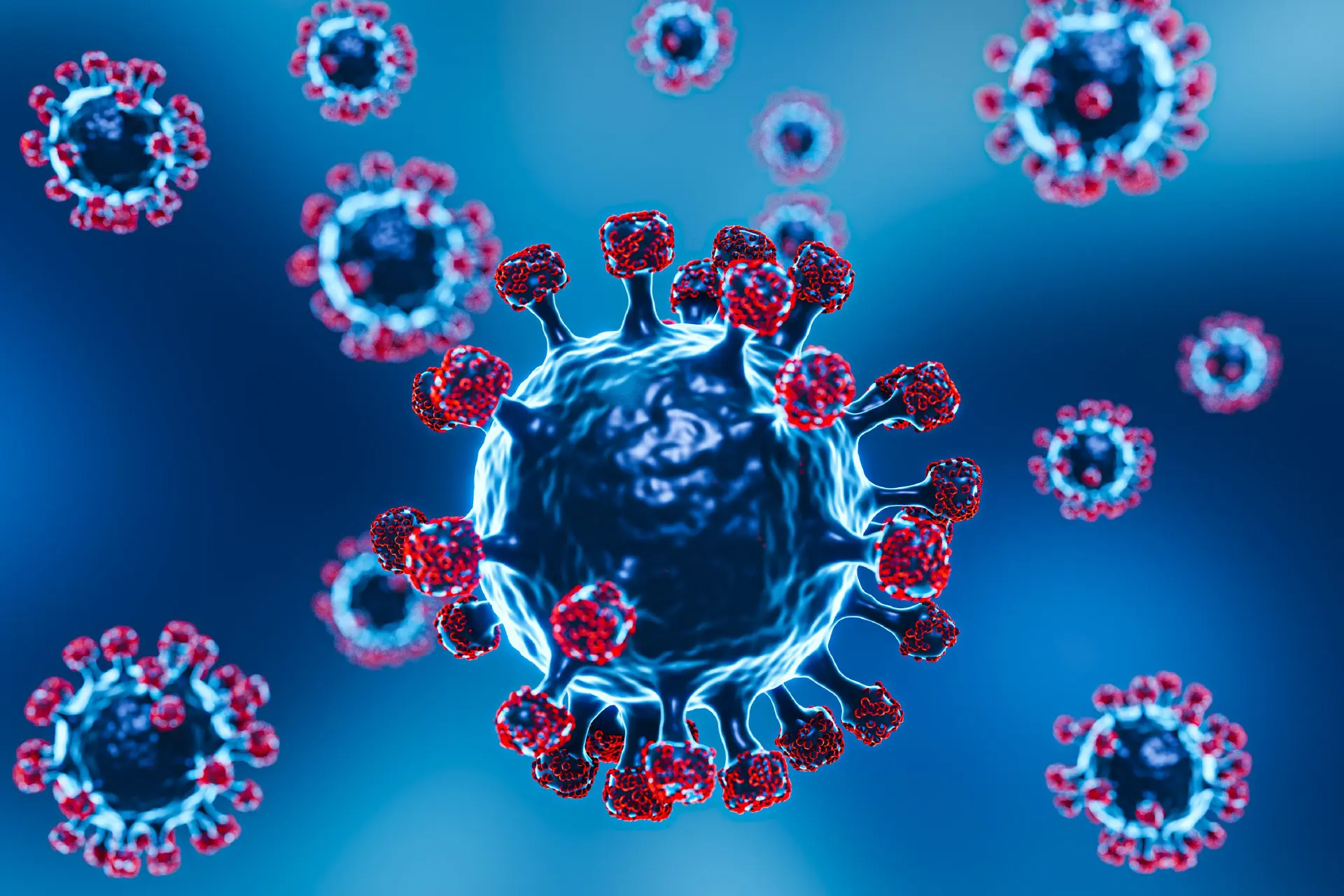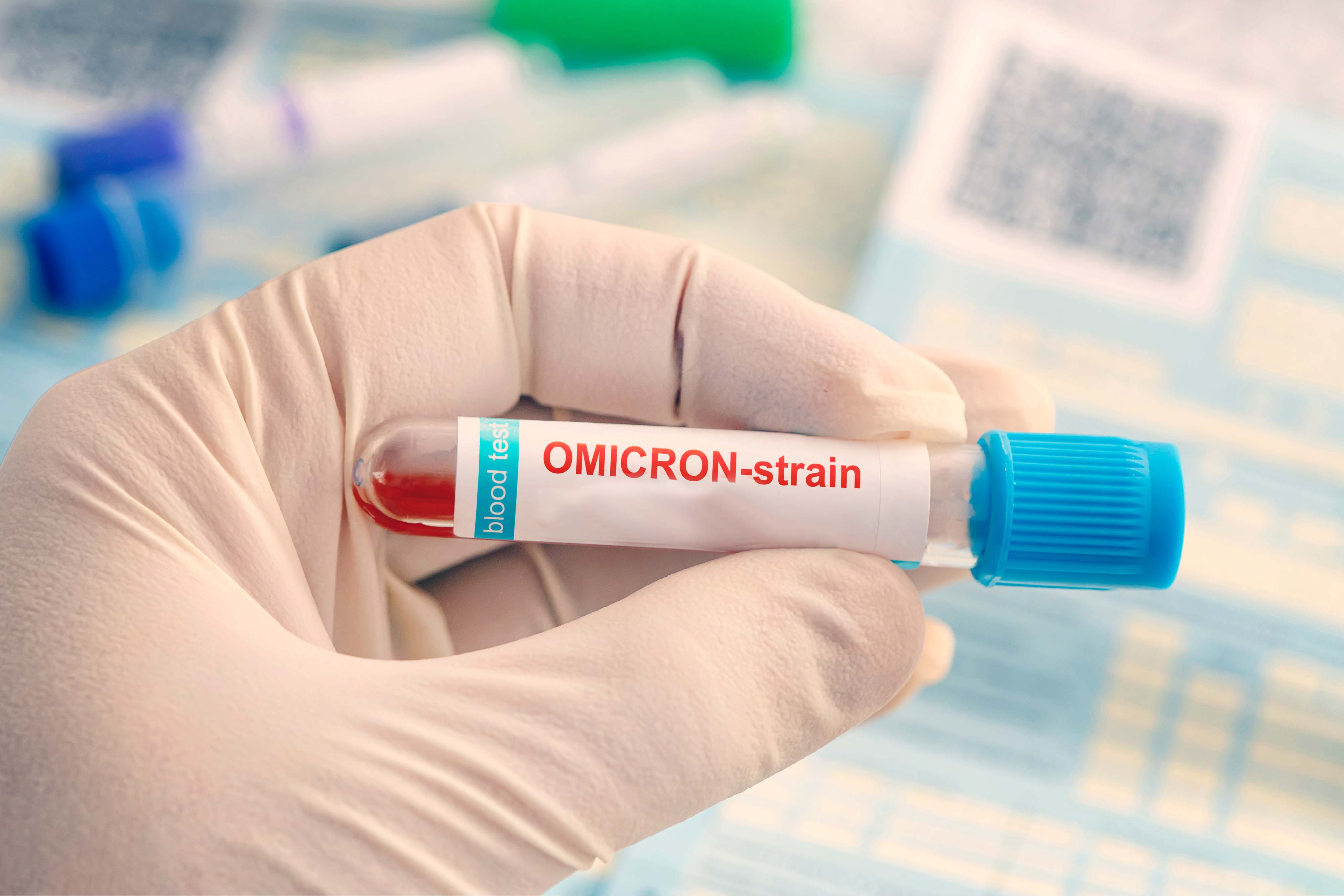Covid | 4 min read
10 Corona Symptoms, Treatment, and Precautionary Tips
Medically reviewed by
Table of Content
Key Takeaways
- Common corona symptoms include cough, fever, fatigue, headaches, and chills
- Vaccination, face mask, hand sanitizers are preventive measures for COVID-19
- Get doctor consultation immediately if you show any signs of COVID infection
COVID-19 is an infectious disease caused by the SARS-CoV-2 virus. The outbreak first began in late 2019 in Wuhan and has spread rapidly throughout the world. The infection is contagious and spreads through droplets from an infectious person’s bodily fluids. It can enter your body through your mouth and nose. Various vaccines have been developed to help prevent the spread of COVID- 19. Though more than half of the world’s population has taken different COVID vaccines [1], there are still incidents of people diagnosed with COVID-19. This is because of the different variants which are present with different symptoms, severity, and have different treatment options. To tackle this issue, many countries have started giving booster shots to fully vaccinated people. Vaccination and boosters are great ways to prevent an infection. But you should also know about corona symptoms and prevention tips. This will help ensure that you get timely and best treatment as well as recover quickly.
Read on to know more about corona symptoms, treatment, and precautionary tips.
What are the Corona symptoms?
If you come in contact with the COVID-19 virus, it may take 2-14 days for the symptoms to appear [2]. Corona symptoms may vary for each person depending on the variant and their health conditions. Some common and starting symptoms of corona are as follows:
- Cough
- Fatigue
- Fever or chills
- Loss of small or taste
- Dizziness
- Headache
- Breathlessness
- Diarrhea

Delta and omicron variants have resulted in varying symptoms among the patients. Latest corona variant omicron symptoms are [3]:
- Runny nose
- Sore throat
- Muscle pain or body pain
- Sneezing
- Nausea
How is COVID-19 diagnosed?
One of the ways to diagnose COVID-19 is through a sample collected from the swab of your throat or nose. Apart from this, your doctor may also advise a blood report in order to get an accurate diagnosis of COVID-19.
Usually, doctors prescribe a test if you have come in contact with an infected person. They may also advise you to undergo a test if you show the following signs:
- Sickness with fever
- Difficulty breathing
- Cough
Keep in mind that the test may give a false negative since corona symptoms may take up to 2 weeks to appear. Apart from this, you may also get a false negative if the swab did not have a good specimen. As a result of this possibility, self-isolation for at least 10 days is a good practice to prevent the spread of COVID-19.
Treatment options for COVID-19
Your treatment will depend on the severity of Corona symptoms. If it is mild, doctors may tell you to isolate and prescribe antivirals for the symptoms. Based on the severity of corona symptoms, your treatment may include one or a combination of the following:
- Supplemental oxygen
- Antiviral medicines to reduce the risk of death and risk of hospitalization
- Mechanical ventilation
- Infusion of monoclonal antibodies
- ECMO (extracorporeal membrane oxygenation)
If you are in home isolation, you can take the following measures to manage Corona symptoms:
- Drinking fluids and taking adequate rest
- Lying on side or sitting up to manage cough
- Doing salt water gargle, consuming hot tea, or honey with hot water to soothe your throat
- Relaxing and practicing deep breathing exercises
- Consuming over-the-counter medicine prescribed by the doctor
With proper care at home, Corona symptoms may start improving in few days. Contact a doctor immediately if your symptoms persist, get worse, or if you have trouble breathing.

Precautionary measures for COVID-19
Vaccination and booster shots are the most important preventive measures for COVID-19. Apart from them, make sure you maintain the following measures to reduce your risk for contracting coronavirus:
- Wash your hands frequently
- Cover your face with multi-layer mask/s
- Avoid touching your mouth, nose, or eyes
- Cover your nose and mouth during a cough or sneeze
- Maintain social distance (at least 6 feet)
- Use hand sanitizers and avoid handshakes
- Frequently clean your surfaces with disinfectants
- Avoid large gatherings if you have diabetes, heart conditions, or a weak immune system
With new COVID-19 variants emerging, it is important to keep yourself and others around you safe. Include the above precautionary measures to prevent infection from delta, omicron virus and other COVID-19 variants. Talk to a doctor immediately if you start noticing any symptoms. This way you can get treatment at the earliest and avoid any complications. To get doctor consultation from home, book an online doctor appointment on Bajaj Finserv Health. You can talk to the best practitioners in your vicinity and put your worries at ease. You can also select from the affordable range of test packages which include 100+ tests and stay on top of your health.
References
- https://ourworldindata.org/covid-vaccinations?country=OWID_WRL
- https://www.cdc.gov/coronavirus/2019-ncov/symptoms-testing/symptoms.html
- https://www.independent.co.uk/news/health/omicron-symptoms-fully-vaccinated-covid-variant-b2038780.html
Disclaimer
Please note that this article is solely meant for informational purposes and Bajaj Finserv Health Limited (“BFHL”) does not shoulder any responsibility of the views/advice/information expressed/given by the writer/reviewer/originator. This article should not be considered as a substitute for any medical advice, diagnosis or treatment. Always consult with your trusted physician/qualified healthcare professional to evaluate your medical condition. The above article has been reviewed by a qualified doctor and BFHL is not responsible for any damages for any information or services provided by any third party.




